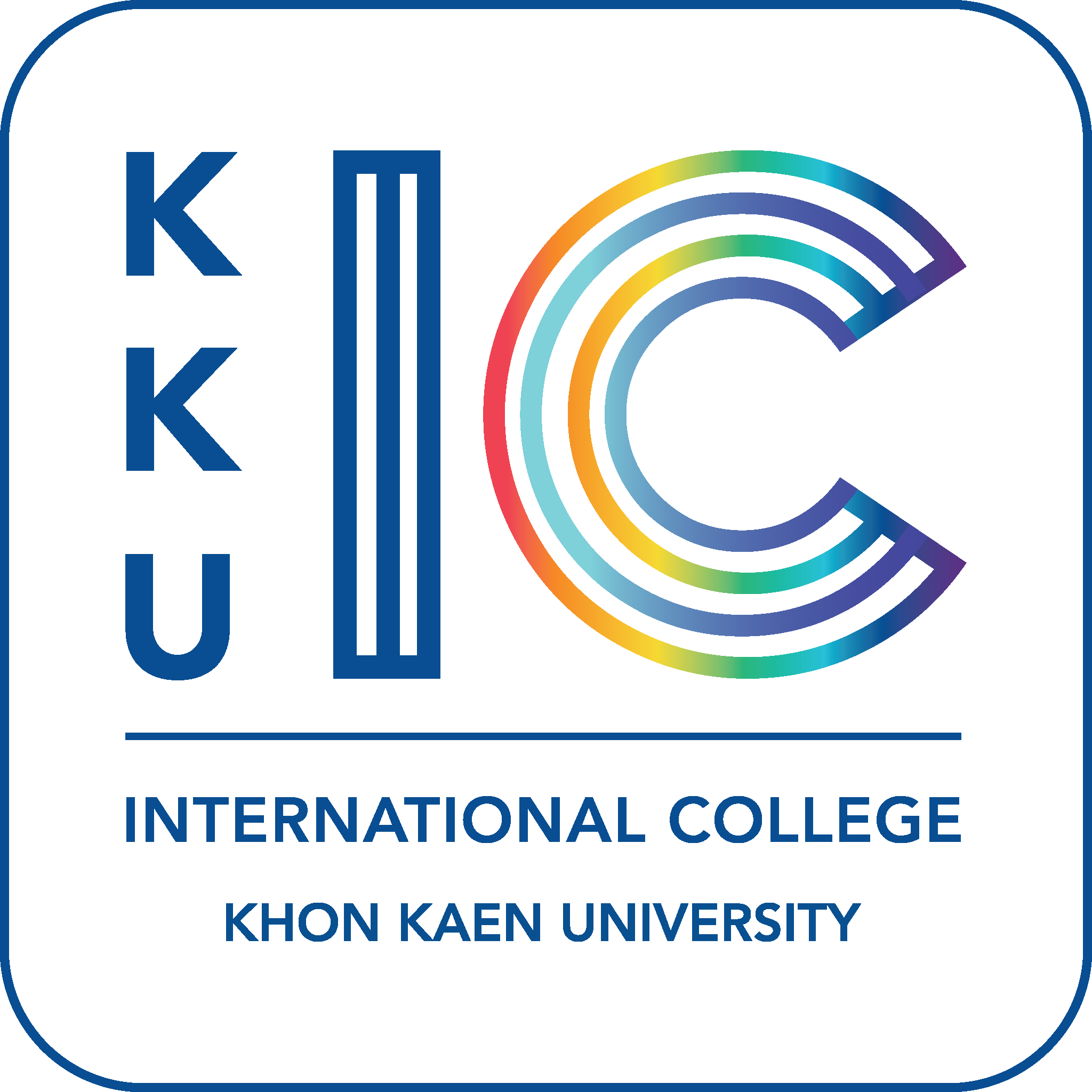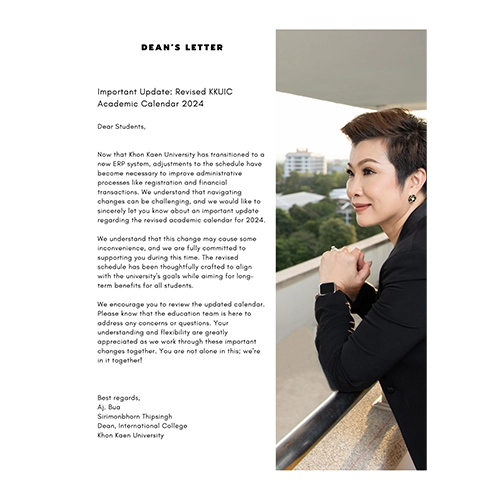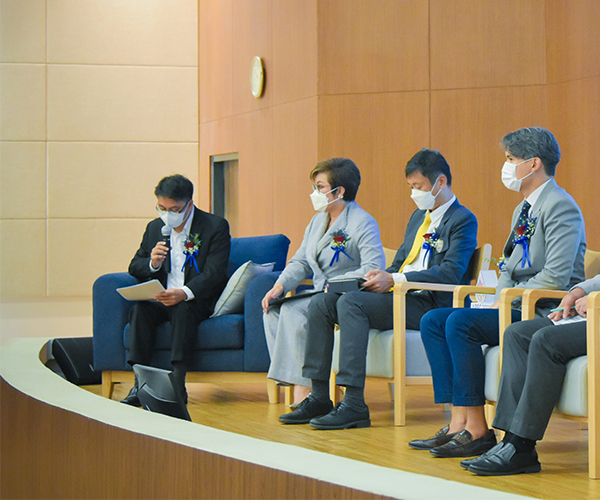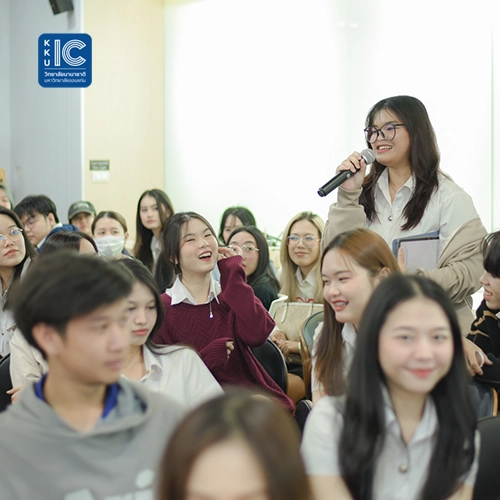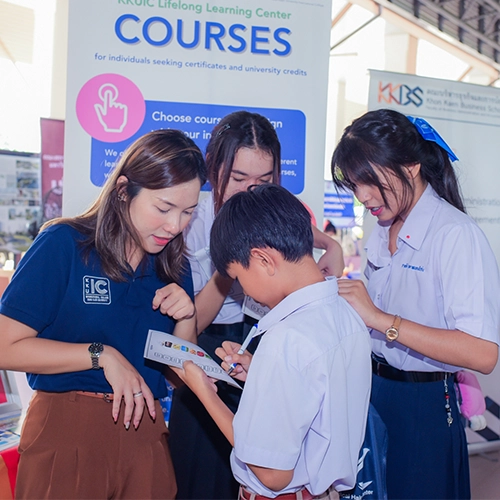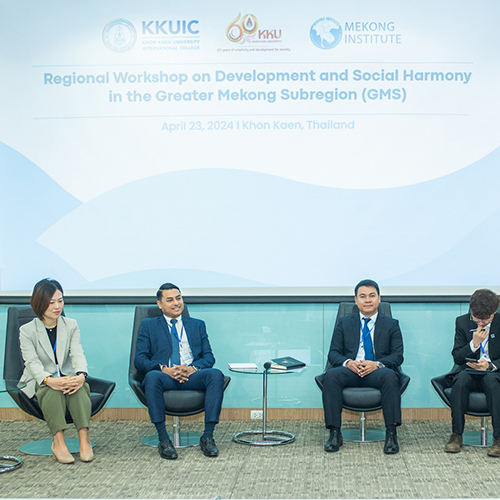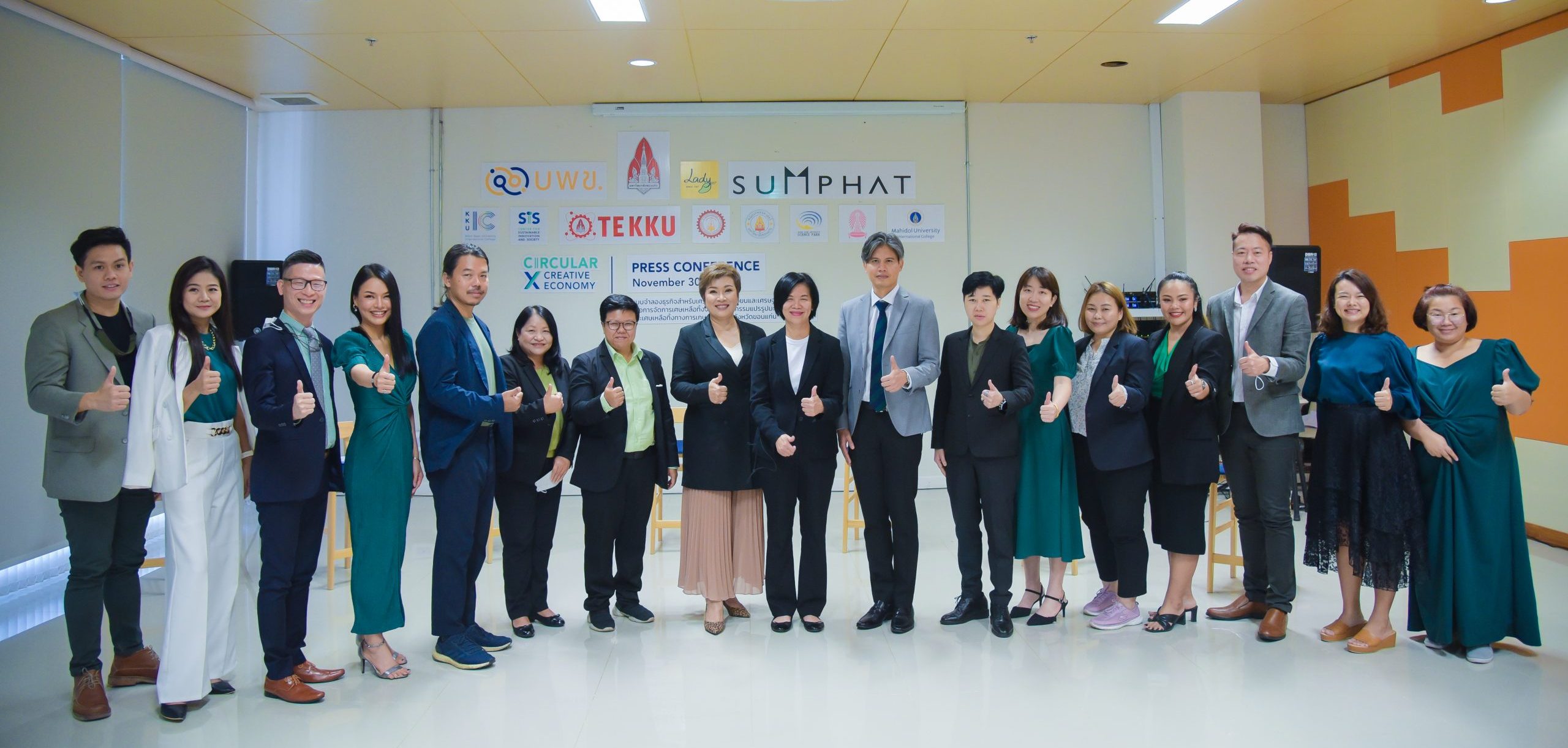
The research team had the opportunity to consult an entrepreneur running a business related to mango processing products “Lady Sakuntala,” at Phon Municipality, Phon District, Khon Kaen Province. Lady Sakultala has been in the mango processing business for more than 50 years. We have found that the mango processing process can only use the pulp of the mango, accounting for 50% of the whole fruit, resulting in massive amounts of waste per year (such as peels, seeds, and rotting ripe fruit). These accounted for 50% of the total mango raw material volume. The total annual waste of these wastes is about 30,000 kilograms, amounting to a loss of 210,000 baht per year, which is a substantial economic opportunity cost.
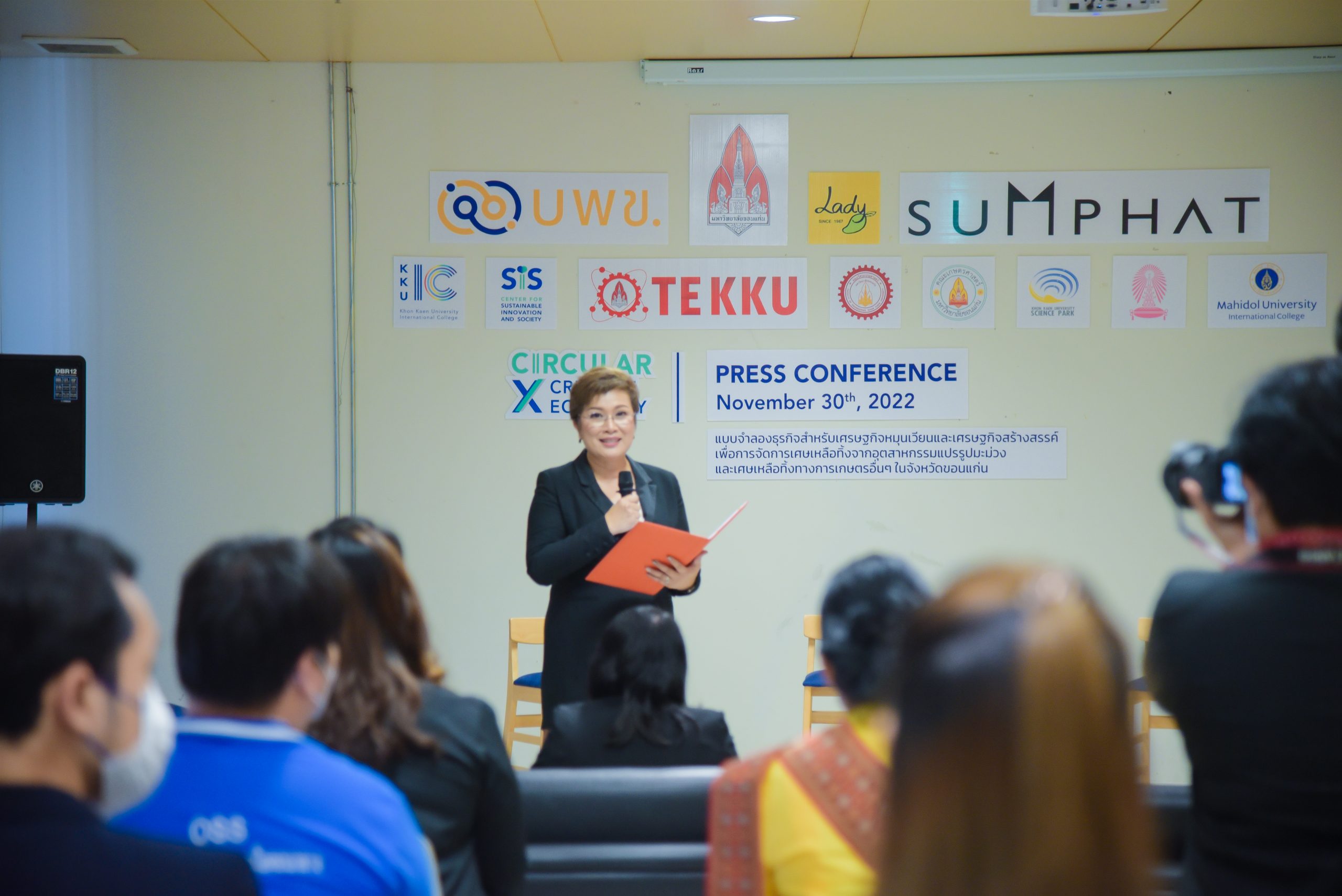
In this project aims to: (1) create a business model and raise social awareness about the management of waste from the mango processing industry based on the circular economy concept and social entrepreneurship (2) develop innovations for utilizing waste from the mango processing industry, six innovations created by six sub-research projects, consisting of
1) mango waste management and business network/knowledge management platform
2) innovative butter from mango seeds
3) innovative paper from mango peels
4) innovative vegan leather from mango pulp
5) innovative handicrafts from the waste from the mango processing industry, and
6) present a circular economy model in the mango processing supply chain to participating communities and transferring innovative production technologies that create added value from mango waste and lead to concrete practice
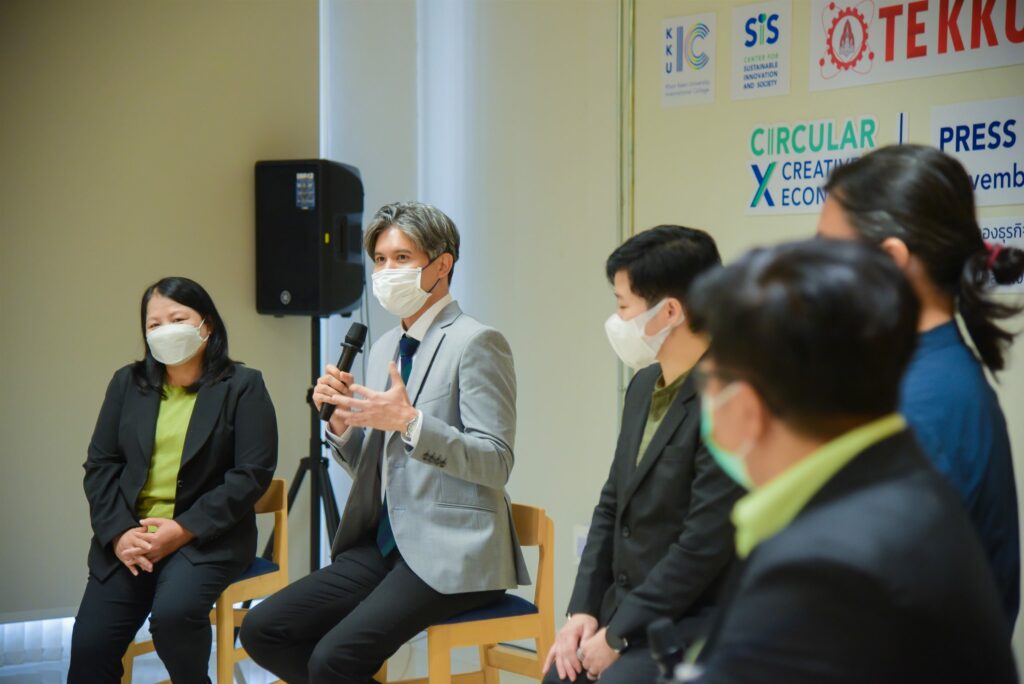
In this research project, two companies will jointly invest: 1) the company operates the business of processed food from mango under the brand “Lady Sakuntala” and 2) the company operates a handicraft export business under the brand “Sumphat Gallery.” Lady Sakultala agrees to receive technology 1 to 4, and Sumphat Gallery agrees to receive technology 5. The founder of Sumphat Gallery is known as a product designer who is the bridge between handicrafts and industry. Sumphat Gallery has an already established European export market to support innovative handicrafts. Hence, marketing channels are a huge advantage for this research project. After the program is over, entrepreneurs will be incubated through the Business Incubation Project by the Northeastern Science Park and the research team (affiliated with the Center for Sustainable Innovation and Society (SIS), International College, Khon Kaen University) for a year to learn about the online business model management system. Lady Sakultala will partner with SIS to run this digital business. SIS will facilitate human resources with the capabilities of IT and supply chain management. This model could be adapted to an educational sandbox model which would provide real-world digital business experience to KKU students.
